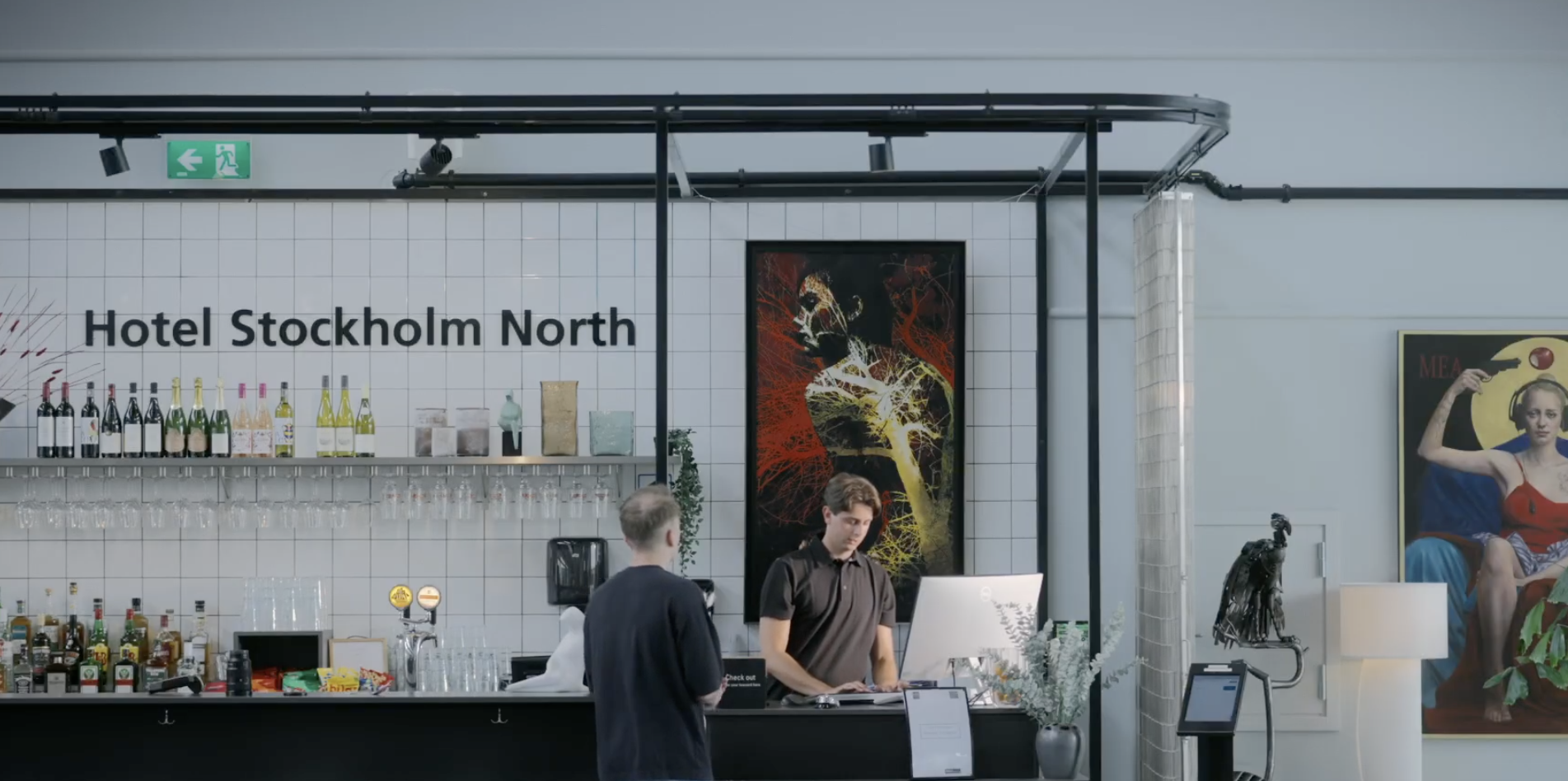See how they streamlined with 24SevenOffice.
Read customer story
Read customer story

Written by: Beata Douglas -
Reading time: 3minutes
How a Nordic hotel chain transformed complex multi-subsidiary operations with cloud-based automation.

Managing a hotel chain that spans both Sweden and Norway, with a business model combining owned operations and franchise partnerships, presents unique challenges. First Hotels needed more than just accounting software—they needed a platform that could unify diverse operations while maintaining the flexibility each hotel requires to manage its own finances.
Before implementing 24SevenOffice, First Hotels wrestled with disparate systems, inconsistent processes, and limited oversight capabilities. Consolidated group-level reporting was difficult and time-consuming, leading to duplication of work, increased risk of errors, slow financial closings, and reduced ability to make rapid decisions in an industry where margins are tight and the pace of change is accelerating.
"Before we implemented 24SevenOffice, we managed ten subsidiaries across different systems and lacked a common structure," explains Carlsson. "Much time was spent manually collecting data and ensuring figures were accurate, which made it difficult to work proactively or make quick decisions."
This fragmentation meant that valuable management time was consumed by administrative tasks rather than strategic planning and growth initiatives. In the fast-moving hospitality industry, this lack of real-time insight represented a significant competitive disadvantage.
"We have a decentralized structure, but with 24SevenOffice we can work on a common platform with unified processes."

With 24SevenOffice, First Hotels has gained a system that supports both the group's reporting needs and individual hotels' daily operations. The comprehensive platform streamlines multiple critical functions:
The system's cloud-based architecture provides flexibility and instant access to current information, regardless of where users are located—crucial for a geographically distributed organization like First Hotels.
First Hotels operates as a comprehensive hospitality group across the Nordic region, balancing centralized brand management, financial oversight, and business development with individual hotel autonomy. The central organization handles brand strategy, financial coordination, business development, and system support for all units, while each hotel maintains responsibility for its own day-to-day financial operations.
This unique structure demands an accounting system that is both scalable and capable of coordinating different companies in a unified way—a challenge that many traditional systems struggle to address effectively.
The transformation is perhaps most visible in day-to-day operations, where AI-powered automation has fundamentally changed how the finance team works.
"The 24SevenOffice AI Assistant interprets invoices, which means I only need to review them before sending them forward for approval. This has simplified my daily work enormously," reports Sofie Widenroth, Accounting Economist at First Hotels.
This represents more than just time savings, it's a fundamental shift from manual, error-prone processing to intelligent automation that allows finance professionals to focus on analysis and strategic support rather than data entry and verification.
For First Hotels, the move to 24SevenOffice represents more than operational improvement, it's a strategic advantage that enables growth and agility in a competitive market. The unified platform supports their unique business model by providing:
The transition to 24SevenOffice has delivered measurable improvements in operational efficiency and management oversight. By consolidating ten previously separate systems into one unified platform, First Hotels has eliminated the time-consuming process of manual data collection and verification that previously plagued their monthly closing procedures.
In the hospitality industry, success depends on the ability to adapt quickly to changing market conditions, guest preferences, and operational challenges. First Hotels' investment in a modern, integrated platform positions them to respond rapidly to opportunities and challenges while maintaining the financial control and operational efficiency that drives profitability.
The transformation from fragmented, manual processes to unified, automated operations demonstrates how the right technology platform can enhance both operational efficiency and strategic capability, enabling organizations to focus on what they do best while technology handles the complexity of multi-entity financial management.